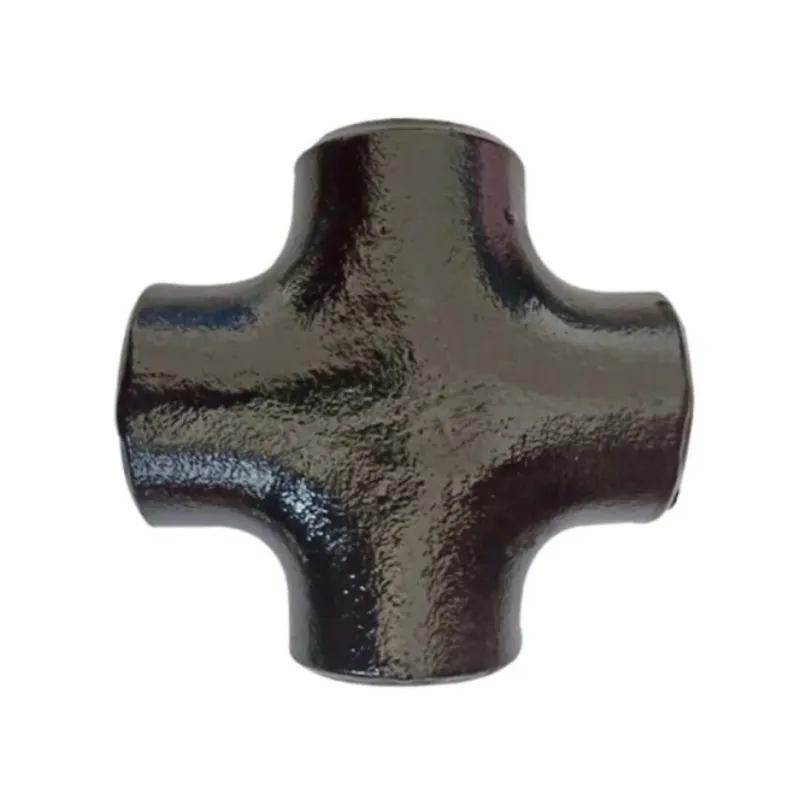-
Cangzhou Yulong Steel Co., Ltd.
-
Phone:
+86 13303177267 -
Email:
admin@ylsteelfittings.com
- English
- Arabic
- Italian
- Spanish
- Portuguese
- German
- kazakh
- Persian
- Greek
- French
- Russian
- Polish
- Thai
- Indonesian
- Vietnamese
- Zulu
- Korean
- Uzbek
- Hindi
- Serbian
- Malay
- Ukrainian
- Gujarati
- Haitian Creole
- hausa
- hawaiian
- Hebrew
- Miao
- Hungarian
- Icelandic
- igbo
- irish
- Japanese
- Javanese
- Kannada
- Khmer
- Rwandese
- Afrikaans
- Albanian
- Amharic
- Armenian
- Azerbaijani
- Basque
- Belarusian
- Bengali
- Bosnian
- Bulgarian
- Catalan
- Cebuano
- China
- China (Taiwan)
- Corsican
- Croatian
- Czech
- Danish
- Esperanto
- Estonian
- Finnish
- Frisian
- Galician
- Georgian
- Kurdish
- Kyrgyz
- Lao
- Latin
- Latvian
- Lithuanian
- Luxembourgish
- Macedonian
- Malgashi
- Malayalam
- Maltese
- Maori
- Marathi
- Mongolian
- Myanmar
- Nepali
- Norwegian
- Norwegian
- Occitan
- Pashto
- Dutch
- Punjabi
- Romanian
- Samoan
- Scottish Gaelic
- Sesotho
- Shona
- Sindhi
- Sinhala
- Slovak
- Slovenian
- Somali
- Sundanese
- Swahili
- Swedish
- Tagalog
- Tajik
- Tamil
- Tatar
- Telugu
- Turkish
- Turkmen
- Urdu
- Uighur
- Welsh
- Bantu
- Yiddish
- Yoruba

Dec . 19, 2024 08:39 Back to list
en1092
EN 1092 is a European standard that specifies the requirements for flanges used in piping systems and equipment. It is part of a broader set of standards that govern the design, manufacturing, testing, and specifications of flanges to ensure safety, reliability, and interoperability across various applications. Understanding EN 1092 is crucial for engineers, manufacturers, and inspectors who work with piping systems in industries such as oil and gas, chemical processing, water treatment, and power generation.
The standard defines several key aspects of flanges, such as their classification, dimensions, materials, mechanical properties, and testing methods. Flanges under EN 1092 are categorized based on their design, pressure ratings, and materials. The common types of flanges defined in this standard include weld neck, slip-on, blind, and threaded flanges, each serving specific purposes in piping connections.
.
In addition to the technical specifications, EN 1092 also includes guidelines for the selection of materials used in flange construction. The material choice is critical, as it must withstand not only the pressures and temperatures of the working environment but also the chemical properties of the fluids being transported. Common materials include carbon steel, stainless steel, and alloy materials, each offering distinct benefits such as corrosion resistance and strength.
en1092

Testing is also an integral part of EN 1092 compliance. The standard outlines several testing methods to ensure that flanges meet the required performance criteria. These tests include pressure testing, leak testing, and material verification, which help to confirm that each flange can withstand the operational loads and environmental conditions expected in service. Proper testing is vital to mitigate risks and ensure the safety and durability of piping systems.
Moreover, EN 1092 promotes transparency and quality assurance in the manufacturing process. Manufacturers are encouraged to implement quality management systems and keep detailed records of their production processes. This diligence ensures traceability and accountability, which are essential in case of product recalls or safety audits.
Another significant aspect of EN 1092 is its recognition by various regulatory bodies across Europe and beyond. Adherence to this standard not only facilitates compliance with local regulations but also enhances the credibility and marketability of manufacturers in global markets. Companies producing flanges that conform to EN 1092 can confidently advertise their products' quality and reliability.
In conclusion, EN 1092 serves as a comprehensive framework for the design, manufacturing, and testing of flanges in various industrial applications. Its emphasis on standardization helps ensure the safety, reliability, and interoperability of piping systems, which are crucial for operations in sectors handling fluids under pressure. As industries evolve and adopt more stringent safety standards, the importance of adherence to EN 1092 will continue to grow, further solidifying its role in modern engineering practices. Understanding this standard not only benefits professionals in the field but also contributes to overall operational efficiency and safety in industrial environments.
Latest news
-
ANSI 150P SS304 SO FLANGE
NewsFeb.14,2025
-
ASTM A333GR6 STEEL PIPE
NewsJan.20,2025
-
ANSI B16.5 WELDING NECK FLANGE
NewsJan.15,2026
-
ANSI B16.5 SLIP-ON FLANGE
NewsApr.19,2024
-
SABS 1123 FLANGE
NewsJan.15,2025
-
DIN86044 PLATE FLANGE
NewsApr.19,2024
-
DIN2527 BLIND FLANGE
NewsApr.12,2024
-
JIS B2311 Butt-Welding Fittings LR/SR 45°/90° /180°Seamless/Weld
NewsApr.23,2024











